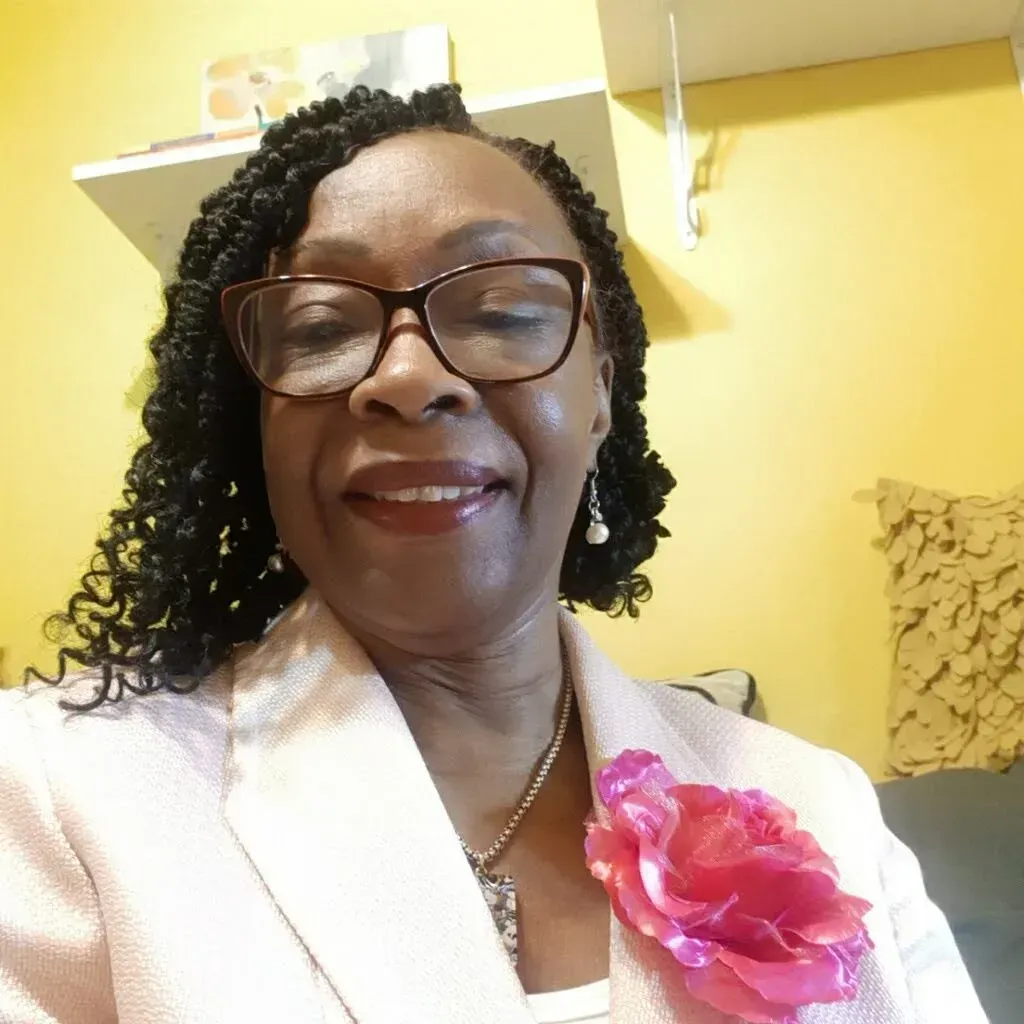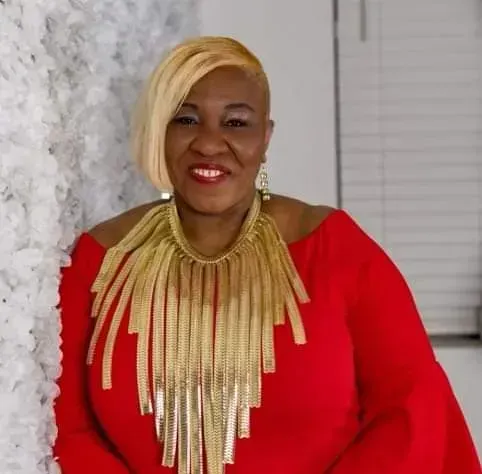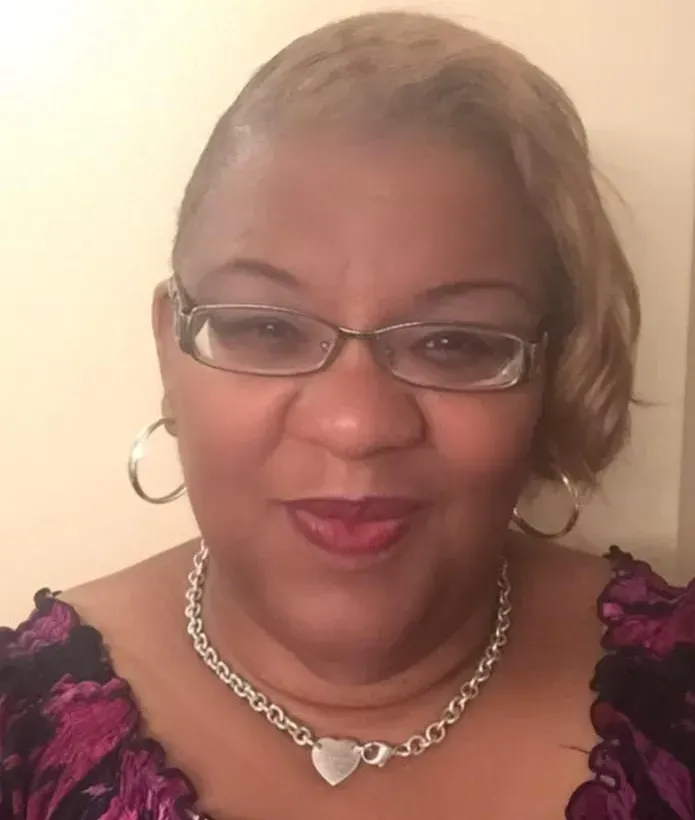What Do You Know About Occupational Therapy?

What Do You Know About Occupational Therapy?
by Constance P. Johnson
As an Occupational Therapist (OT) or Occupational Assistant (OTA), we are a part of a vital profession that helps people across the lifespan participate in things they want to do, through the therapeutic use of everyday activities.
Occupational therapist treat injured, ill, or disabled clients through the use of everyday activities. We help these clients develop, recover, improve, as well as maintain skills needed for daily living and working. When you meet an Occupational Therapist at your first appointment, we’ll perform an evaluation to determine a baseline status of your issue to be treated including range of motion, strength, and balance; then we discuss with you our findings and goals that are function based for future sessions. Occupational therapy includes all activities or tasks people perform each day - For example, getting dressed, taking a class, cooking a meal, socializing with friends, and working at a job with limitations. Occupational Therapy is as unique as pre-medical training which includes knowledge of injury and illness; understanding of psych-social aspects of disability; knowledge of the rehabilitation system; the ability to analyze tasks; and the ability to creatively adapt the physical.
For over 36 years, I’ve functioned as a licensed Occupational Therapist, as a graduate of Temple University College of Allied Health Department. As a transfer student from Trenton State College of NJ, I initially wasn’t prepared to compete with the rigors and open racism that were evident upon acceptance into the Allied Health Program. It was well known that TU’s Allied Health Department only accepted 1-2 persons of color into a class of 20 per discipline. My first job was in the Montgomery County IU in Norristown, PA, where I was the first school OT of color to be hired in the Child Development Center. With great mentoring from my Supervisors, I was approached by a group of Physical Therapists to work with them in their private practice with children. Subsequently with this new experience working privately, I was inspired to try it on my own part-time while off in the summer. Therefore, I started my own practice in Philadelphia, incorporating in 1978, serving the elderly and some children in the Delaware Valley area (NW, CC, N. Philadelphia, and Chestnut Hill). Like most young adults, one would move about from job to job, but it wasn’t difficult for those of us to land jobs because as minority therapists, we were well known in the Philadelphia areas. I landed a job as a Supervisor on the stroke floor at the Moss Rehab Hospital for only 6 months; my son’s father suddenly was found deceased on the job at the Hemsley Greenfield Building, at the young age of 41. Here I am, a widow with a 3-year preschooler, having just moved into a new home 3 months earlier. As God would have it, the church, my neighbors, family, and co-workers were there for me. After things settled down, I needed to make a lifestyle change especially for my young son and myself. To make matters worse, I was up for a Director’s position when the Director of HR, a young woman of color, pulled me in to her office. There, she counseled me by saying, “I know you want the position, but you are needed by your son and you need time to yourself.” She also told me that while I may let this opportunity go by no one can take your God given credentials from you. I never forgot those words from her as I took time off from work and started grief counseling in preparation to be a single mom as a result of death. So, I decided to work part-time as an OT, contracting through my business. Since my son was so young, I didn’t want him to be away from me for too long. As an OT, salary was never a big issue, but it was a blessing to negotiate our own salary range and be employed as a private practitioner.
I chose to share some of my personal experiences as a woman of color OT, and the impact of life lessons. As a result of my experiences as an OT, I find it to be a privilege to work in communities with all people, but especially with my own. As a provider of services and helper, I inform others how to better function with their limitations in their homes. Do you think being an OT is a good occupation? Yes, if you love people and are willing to extend yourself to restore or improve their daily lifestyle habits. I happen to be one of those persons who enjoy working with families, children, and the elderly. The OT field is one of the higher paying professions in the healthcare job market today, which ranges from $70,000 - $100,000; as an Independent contractor to over $100,000 in a skilled nursing facility, home health, daycare center and retirement communities. As an OTA, one will work with a licensed OT generating 50% of salaries mentioned in the above job settings.
The American OT Association (2008) identifies 8 areas of Occupations in the OT Practice Framework
- Activities of Daily Living (ADLS)
- Instrumental Activities of Daily Living (ADLS)
- Education
- Work
- Play
- Leisure
- Social Participation
- Rest & Sleep
************************************************











